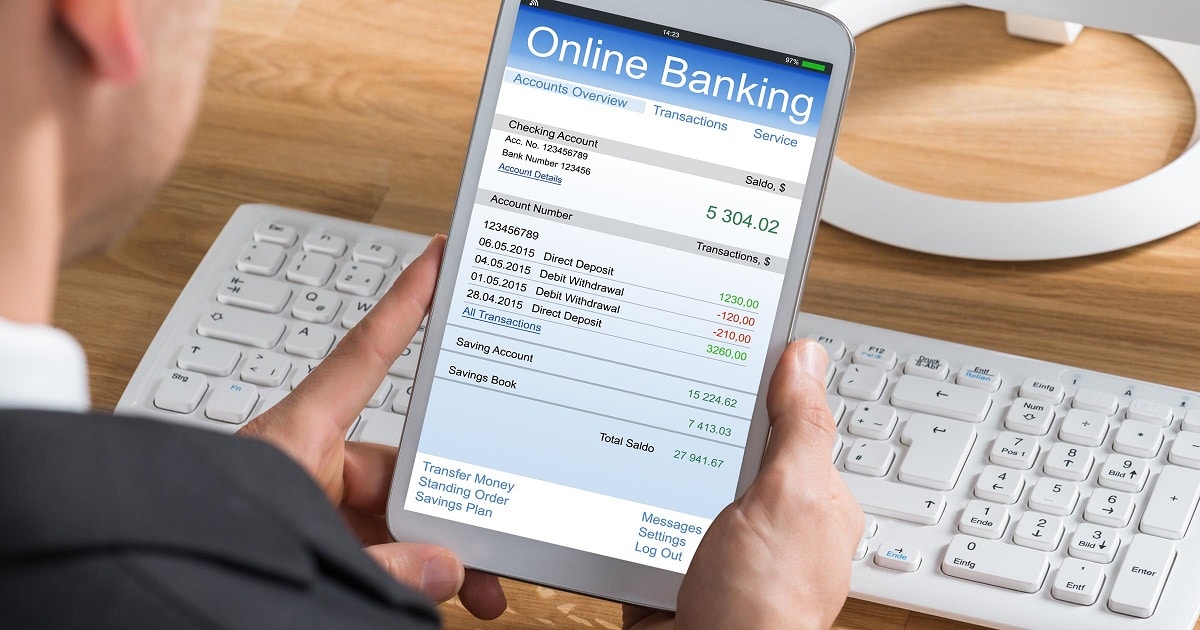
To stay safe from online fraud, you have to apply proper internet security. As the option of banking and purchasing online grows, so does they need to safeguard your privacy and the need for adequate security when using the internet on your personal computer, mobile device or tablet? Keeping your online banking details safe can be likened to reviewing your bank account to stay on top of things and immediately reporting any fraudulent transactions. Besides that, what else can we do to keep our online bank account secured when making use of the internet on a mobile device etc?
Always use strong passwords for all your account
A strong password can be termed as one that is not easily guessed by humans or computers. It will have at least 8 or more characters. These characters should include letters (lowercases and uppercases), numbers and symbols. It is always recommended that you use different user IDs and passwords for financial accounts and any other sites you are making use of online.
Never Use Sensitive Information
Don’t make use of any part of your Social Security Number or any other information such as your credit card number, user ID or personal identification number (PIN) as a password. If someone should gain access to the above information, your account will likely be compromised, because it will be among the first thing they will try and use to sneakily access your account.
Avoid Responding to Fraudulent E-mails
99.9% of Emails that claim to be coming from you bank and requesting your account details are fraudulent. No bank has ever used this method to approach its customers to get their personal information.
Be Mindful of E-mail Attachments
Always exercise great caution when opening e-mails that contain attachments and software’s. Most of these attachments can contain malware that will end up extracting your user details. Exposing these details can lead to online fraud and theft. If you get an e-mail from an “unknown” sender containing attachments, don’t hesitate to hit the “SPAM” button and report it to the appropriate authorities.
Avoid Sharing Personal Information on Social Media and Networking Sites
The social media is a ghost center; some are flooded with fake profiles. That’s not the kind of place one should post confidential information. The more you post about yourself, the more someone is likely to use such details to decipher your account or steal your identity etc. Always maximize your privacy settings to protect your personal information on the social
Avoid Clicking Randomly Online
Always take great care of what and where you click online. Always visit security enabled websites (websites that start with https: the ‘s’ indicates security). Such sites have taken extra measures to help secure your information. Also, take note that links you receive in e-mail or messaging platforms on social networking sites can be harmful or fraudulent, even if they appear to come from someone you trust. Requesting for personal info or a calling for immediate actions are almost scams. Always trust your instincts, if you suspect a link might give you a virus or steal your personal data “don’t click on it”. Talk to the sender directly and be sure the link is coming from them.
Always Secure Your Smartphone with A Screen Lock
This day, there are many options for locking your screen. Locking your screen with a password will help you keep your personal data safe.
Never Use Your Phone as A Data Center
Always endeavor to keep personal information, such as bank account numbers and password off your phone.
Avoid Downloading Unnecessary Applications
Think before you click that download button. It is safer when you review the privacy policy of an application and understand what kind of data an application can access before making further installations.
Update Security Software’s
Make sure your computer operating system, internet browsers, and mobile device software are all up to date with the latest security programs. Always use anti-virus and anti-spy software. They will help eliminate virus and spyware that can steal your information.
Following aforementioned tips will help prevent your online banking details from going into the wrongs hands. Always contact your bank immediately if you suspect your bank account details have been compromised.






